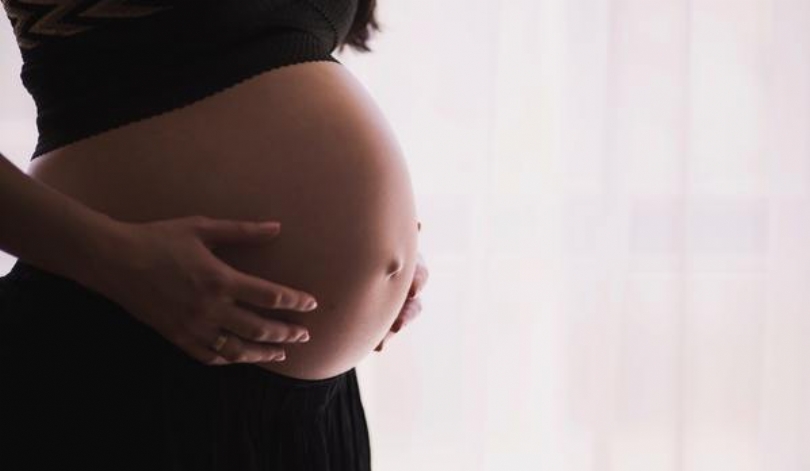An average of 10.5 pregnant and postpartum women died weekly in 2020, and the total deaths reached 453 deaths last year in 43 epidemic weeks. In 2021, the average number of deaths per week, until April 10, was 25.8 in this group, with a total of 362 deaths this year during 14 epidemic weeks.
According to the survey, there was an increase of 145.4% in the weekly average for 2021 compared to the weekly average for deaths last year. Meanwhile, in the general population, the increase in the weekly death rate in 2021 compared to the previous year was 61.6%.
Professor at the University of São Paulo Medical School (USP) and one of the founders of the observatory, Doctor Rosana Francisco, estimates that the country needs public policies targeting the population of pregnant women and postpartum women to be able to reduce their deaths. OOBr Covid-19 uses data from the Influenza Epidemiological Surveillance System (Sivep-Gripe), and according to the latest update, with numbers as of April 10 this year, since the start of the epidemic, 9,985 cases of covid-19 infection have been confirmed among pregnant and postpartum women, with 815 deaths.
High maternal mortality
The doctor, who is also president of the Sao Paulo State Medical and Obstetrics Association (SOGSP), confirms that maternal mortality in Brazil is generally high and that there is poor care for pregnant and postpartum women. Women in the health care system. Health in the country. In the face of factors such as an overload in this system due to the pandemic and the emergence of variants of covid-19 – which may be associated with more severe cases of the disease – there is an exacerbation of care in this group.
“When we look at the condition of pregnant women and women who have recently given birth, we already have a health network that is not very organized to deal with serious cases of this public, to the point that [o Brasil] The maternal mortality rate is 55 [mortes por 100 mil nascidos vivos], Which shows that we are already having a hard time taking care of the health of women, especially pregnant women and women who have recently given birth, ”the doctor said. The World Health Organization (WHO) recommendation is that the maternal mortality rate should be less than 20.
Lack of access to disease treatments, such as hospitalization in intensive care units and intubation, were cited as some of the bottlenecks in the care of this group. Observatory data shows that one in five pregnant and postpartum women killed by covid-19 (23.2%) were not admitted to intensive care units, and in a third of deaths (33.6%), they were not intubated.
“To talk about access, thinking about a serious illness and respiratory system, everyone should have access to endotracheal intubation as well as to the intensive care unit. Just in this, we really see that there is a lack of this interest in pregnant women and women who have recently given birth,” assesses Rossana . According to the doctor, to reduce mortality, there should be measures aimed at both preventing covid-19 in this specific group and improving the service network.
The doctor advises these women to social isolation and wear the muzzle, in addition to highlighting the need for guarantees so that pregnant and postpartum women can do their work in the home office. We must publish this data first so that women know and understand that pregnant women and women who have recently given birth are at greater risk than the general population. When they contract covid-19, the risk of them developing into a severe form and the need for an intensive care unit and intubation is greater than what we have in the general population. “
In addition, one of the objectives of the observatory is that Directors-General have access to a database with this reduction. The tool allows analyzing not only cases in Brazil, but separately by states and municipalities. “So that the network of care for pregnant women and women who have just given birth is strengthened and organized to ensure that they can access a hospital with intensive treatment, and have obstetricians who specialize in high-risk pregnancies as well as an appropriate neonatal service.”
Rosana said that last year, the US Center for Disease Control (CDC) warned that pregnant women are more likely to develop severe forms of Covid-19 compared to the total number of women. According to her, a pregnant woman is at greater risk of needing a stay in the intensive care unit, needing endotracheal intubation and even a greater risk of death.
Federal government
Last week, the Ministry of Health informed, in a press conference, that municipalities would receive 247 million Brazilian reals to prevent the spread of Coronavirus among pregnant women. According to the ministry, funds should be directed by municipalities to finance the residency of pregnant women and mothers who do not enjoy conditions of home isolation and social distancing, and also for early identification and monitoring of Covid-19 symptoms, to qualify. Prenatal care, childbirth, postpartum and dental care for pregnant women.
In addition to this amount, the wallet reported that 1 billion Brazilian reals were directed to pregnant women, taking into account the investments made by the government in 2020 and 2021.
The Ministry of Primary Health Care Minister Rafael Camara Medeiros Parente added that the P.1 virus strain, known as the Manaus variant, showed greater aggression in pregnant women compared to the virus that spread in 2020.

“Wannabe internet buff. Future teen idol. Hardcore zombie guru. Gamer. Avid creator. Entrepreneur. Bacon ninja.”

